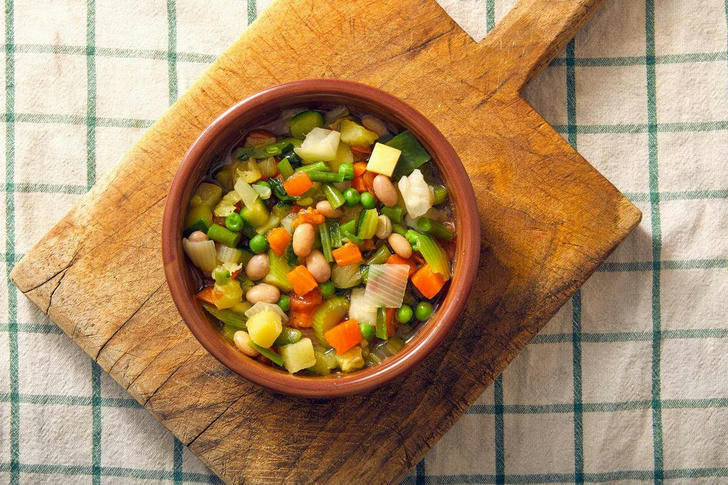Effective Home Treatments for Psoriasis
12. Proper Diet

A healthy diet is essential for managing psoriasis, as what you eat can directly affect inflammation and skin health. By incorporating anti-inflammatory foods and avoiding dietary triggers, you can significantly reduce the frequency and severity of flare-ups. Focus on a diet rich in fruits, vegetables, whole grains, lean proteins, and healthy fats. Foods that are high in antioxidants, such as berries, leafy greens, and nuts, can help reduce inflammation and promote healthier skin.
It’s equally important to avoid foods that can trigger inflammation, such as processed foods, sugar, and alcohol. These can exacerbate psoriasis symptoms. Additionally, some individuals with psoriasis may find that avoiding gluten or dairy helps manage their condition, especially if they have sensitivities to these foods. Identifying and eliminating dietary triggers can make a noticeable difference in managing flare-ups and improving skin health.
By understanding psoriasis and adopting a diet that supports inflammation control, you can improve not only your skin condition but also your overall health. Consistency in maintaining a balanced, nutrient-dense diet is key. Consulting a healthcare professional can provide personalized guidance on dietary adjustments and treatment options to optimize psoriasis management. When combined with stress management techniques and proper skincare, a healthy diet can contribute to more effective psoriasis control and an improved quality of life.
